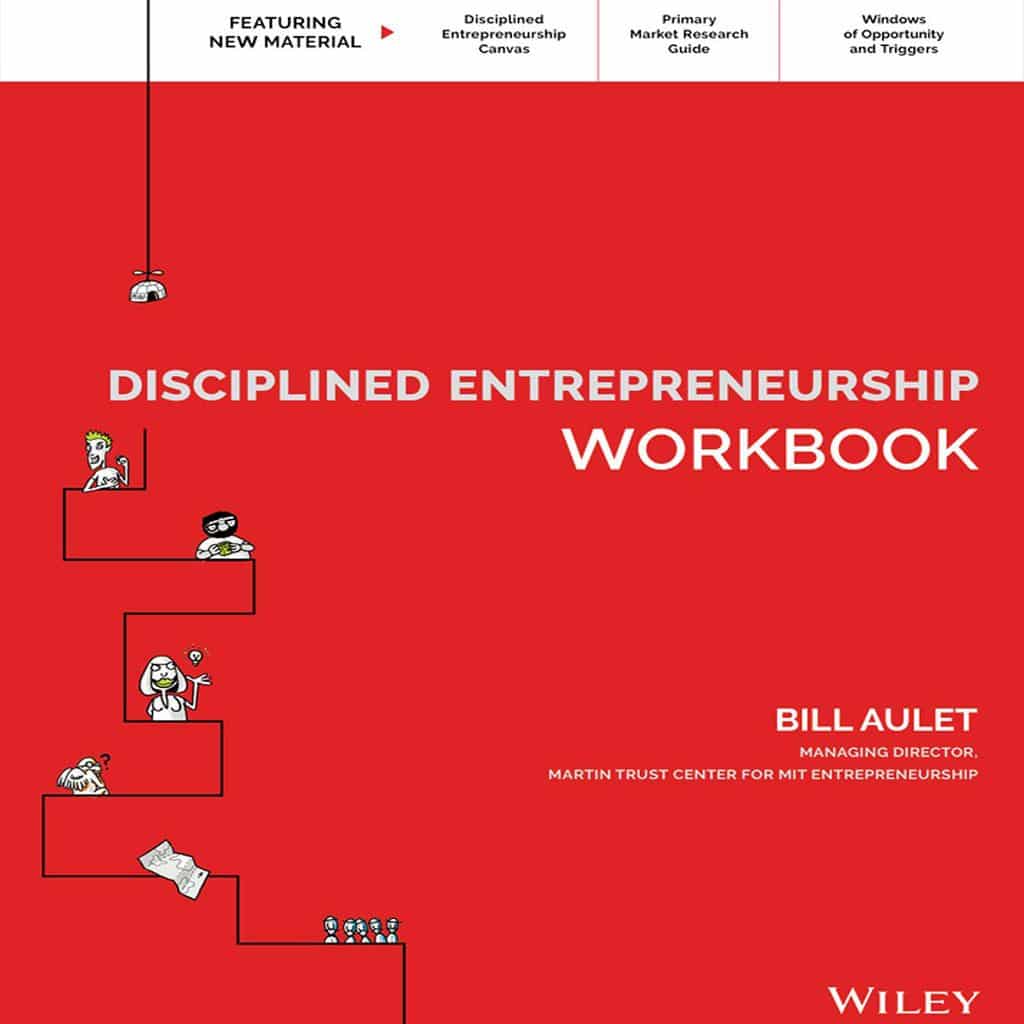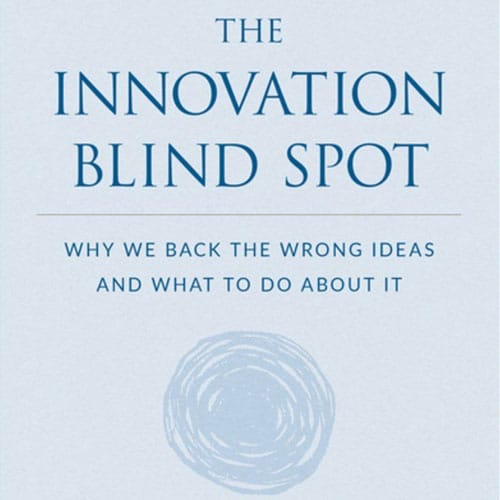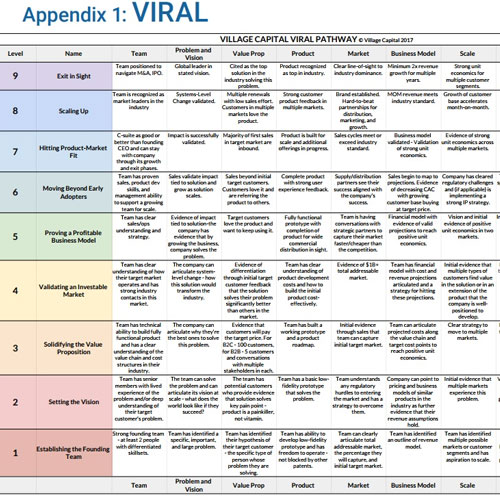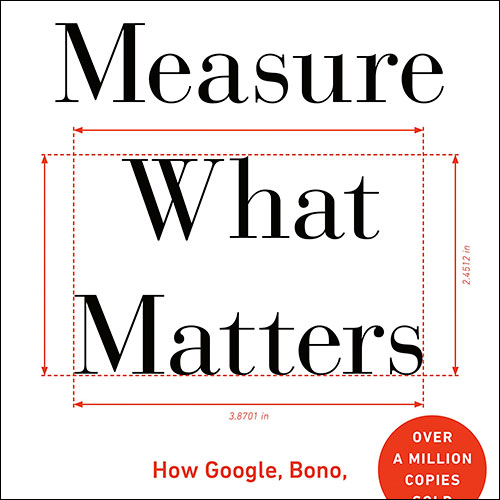Identify your Startup Stage & Set Goals
Let’s identify your startup stage and next milestones by applying the following frameworks:
- Disciplined Entrepreneurship Canvas by Bill Aulet to outline your startup concept and identify key gaps.
- Village Capital’s VIRAL framework using the Abaca tool to identify your investment readiness and next milestones.
- Set Objectives and Key Results to achieve your next milestones.
For a new startup idea, we recommend starting with 'Build your Startup Team' and proceeding through the topics in order.
Disciplined Entrepreneurship
'Disciplined Entrepreneurship' by Bill Aulet is a data-driven approach to launch innovation-driven enterprises by rapidly learning from the customer.
It has been used by MIT faculty and students in the creation of numerous successful companies including HubSpot, a leading CRM platform helping businesses grow better.
Trish Cotter, Senior Lecturer at MIT introduces ‘Disciplined Entrepreneurship’, its key themes and benefits of the approach.
Village Capital's VIRAL framework
We'll apply Village Capital's VIRAL self-assessment using the Abaca tool to benchmark our progress and clearly communicate our startup's stage and next milestones with stakeholders.
Check out our highlights on 'Investment Readiness' by Julia Turnbull, Assistant Director of Student Programs at MIT Legatum Center for Development.
Julia Turnbull, Senior Fellowship Program Associate at MIT Legatum Center for Development and Entrepreneurship, discusses 'Investor Readiness' and applying Village Capital's 'VIRAL Framework'.
Objectives and Key Results (OKRs)
Let's set Objectives and Key Results (OKRs) to achieve milestones that'll get us to our next fundraising stage or profitability.
This methodology has been applied by Intel, Google, Amazon, LinkedIn, Twitter, Spotify and Adobe to manage their businesses.
"OKRs are a management methodology that helps to ensure that the company focuses efforts on the same important issues throughout the organization. An Objective is what is to be achieved, no more, no less. Objectives are significant, concrete, action oriented, and inspirational. Key Results benchmark and monitor how we get to the objective. They are time-bound, aggressive yet realistic, measurable and verifiable."
- Measure What Matters by John Doerr

.jpg)



